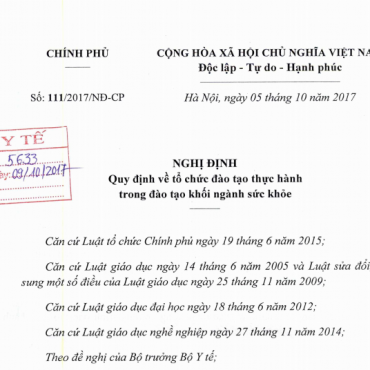|
|
|
|
| |
|
|
| |
|
What nonsurgical treatment is recommended for mallet finger?
|
|
|
|
Mallet finger occurs when the distal interphalangeal joint (DIP) is forced to flex against resistance. In the absence of indications for referral, mallet finger (with or without an avulsion fracture) can be effectively treated with strict immobilization. The DIP joint should be splinted in full extension to slight hyperextension for eight weeks. Read the full article.
|
|
|
|
|
|
|
Are GLP-1 receptor agonists, SGLT-2 inhibitors, or DPP-4 inhibitors safe and effective at reducing cardiovascular mortality, all-cause mortality, and other cardiovascular outcomes (e.g., myocardial infarction, stroke, hospitalization from heart failure) in people with cardiovascular disease regardless of whether they have diabetes?
Glucagon-like peptide-1 (GLP-1) receptor agonists reduce cardiovascular mortality, all-cause mortality, and stroke in people with cardiovascular disease. Sodium-glucose cotransporter-2 (SGLT-2) inhibitors reduce cardiovascular mortality, all-cause mortality, and hospitalization from heart failure in people with cardiovascular disease. Dipeptidyl-peptidase-4
(DPP-4) inhibitors do not reduce mortality or cardiovascular outcomes in people with cardiovascular disease, and they increase the risk of pancreatitis. Read the full article.
|
|
| |
|
❯ ❯ AFP Clinical Answers distills evidence-based answers to clinical questions from AFP content for use at the point of care. Visit our online collection for more.
|
|
|
| |
|
Tip for Using AFP at the Point of Care
|
|
|
|
|
| |
|
ADVERTISEMENT
|
|
Hurry—rates on student loans are going up. AAFP members get a limited-time rate discount of 0.25% (normally 0.125%) through 12/31/22. Refi your loans now with fixed rates as low as 4.49% APR 3.49% APR (with all discounts) for physicians with loan balances over $150K. Apply at SoFi.com/AAFP.
|
|
|
|
| |
|
Read the latest issue of AFP. Earn 11 CME credits.
- Adult Vaccination
- Long COVID
- Peripheral Edema
- Editorials: Palliative Care in Children
- Practice Guidelines: Osteoporosis
- Cochrane for Clinicians: Discharge Planning
|
|
|
|
|
|
|
| |
|
|
|
|
























